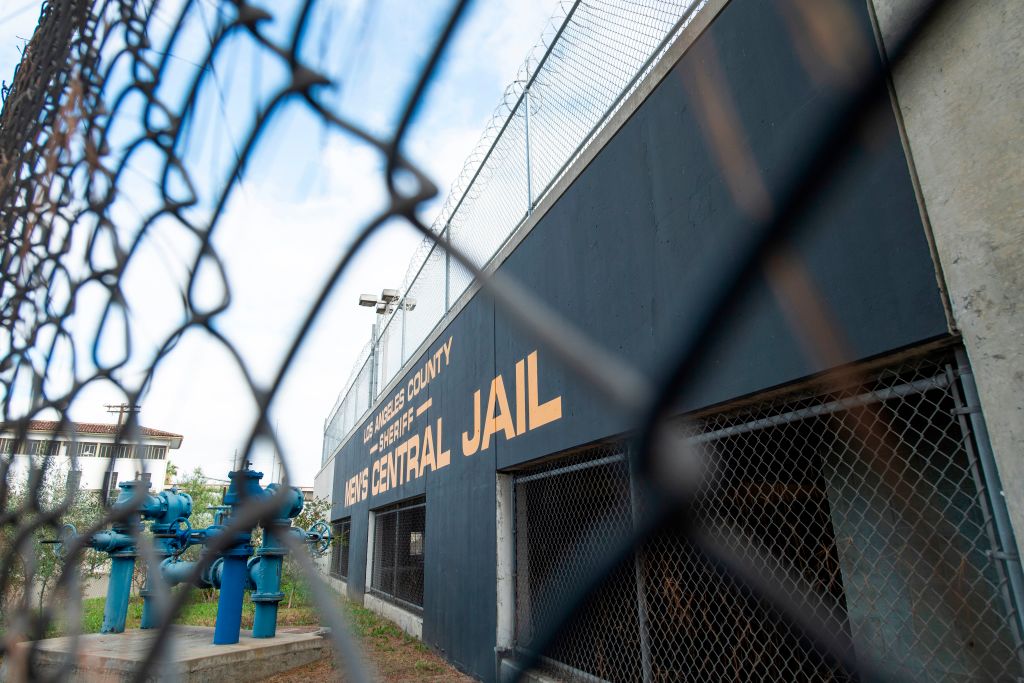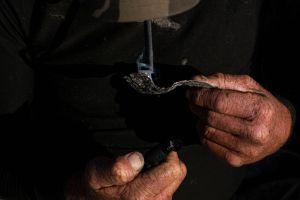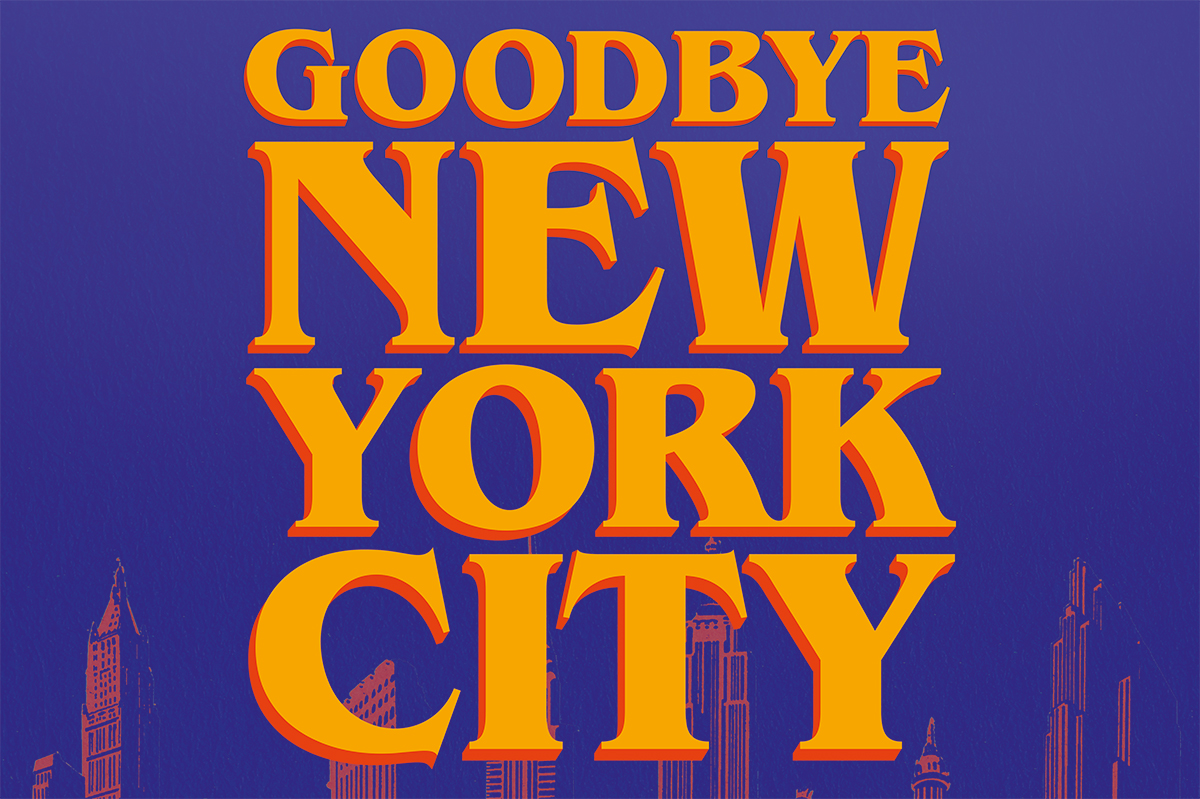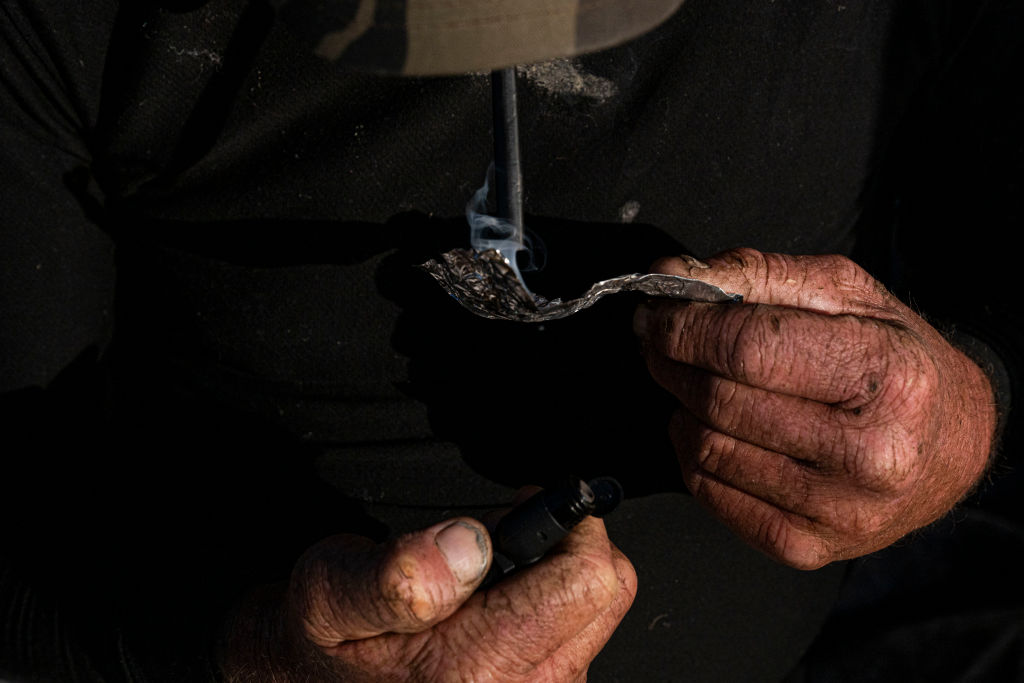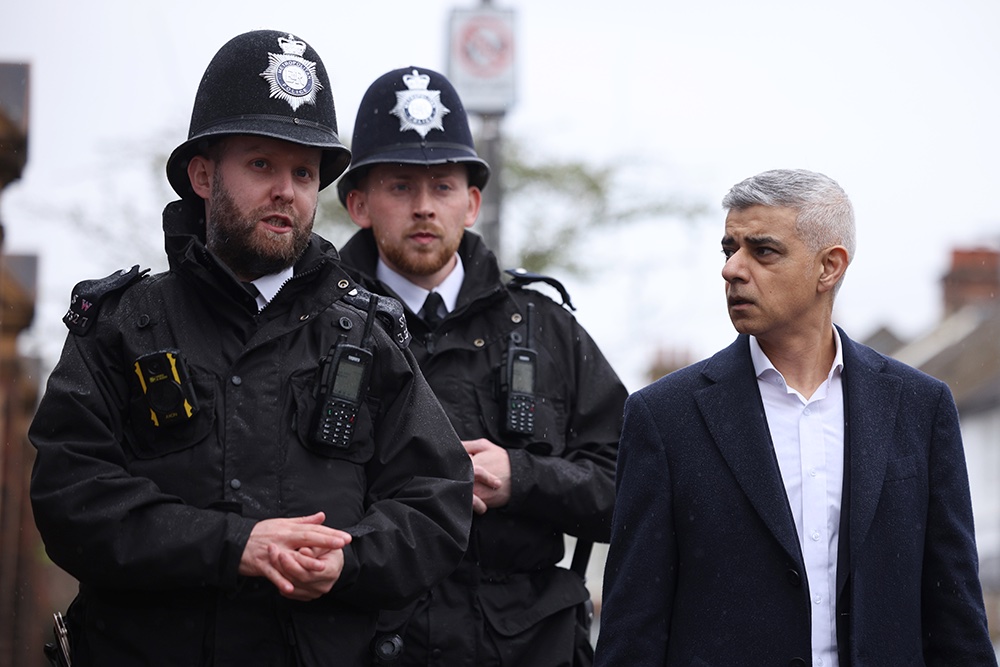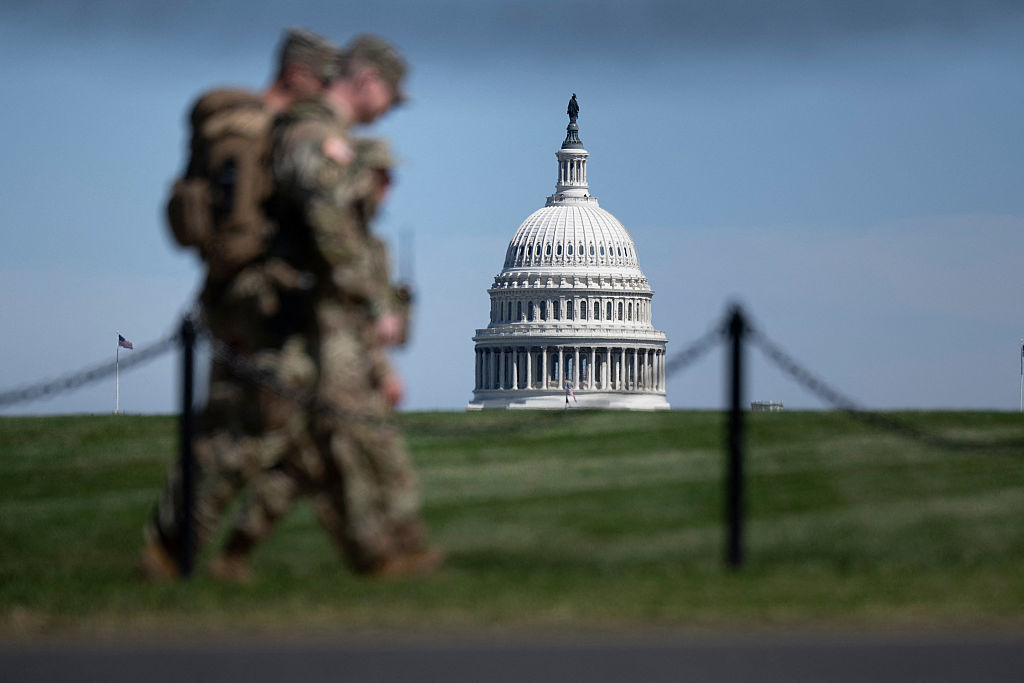COIVD-19 has turned us all into prisoners: draconian lockdown orders, solitary confinement, monotonous food, limited fresh air and exercise, irregular phone contact with the outside world. More than half of Americans believe the stress and isolation is harming their mental health. Now imagine living in a real prison during this epidemic.
America’s prisons have become COVID hotspots due to overcrowding and poor hygiene. Inmates who were meant to serve months or years for nonviolent offenses now face a potential death sentence. It’s impossible to keep prisoners six feet apart. Prisons are last in line for supplies of soap, hand sanitizer and paper towels. At Rikers Island in New York City, hundreds have tested positive.
‘I hope that it’s making people a bit more empathetic to the plight of people who are incarcerated, especially when you consider the compounding factors that they’re up against right now,’ says Hannah Cox, the senior national manager of Conservatives Concerned About the Death Penalty.
The US leads the world in incarceration numbers. This is expensive and frequently counter-productive. Criminal justice reform has gained momentum in recent years. In April 2019, President Trump signed the First Step Act, whose provisions reduce sentencing and restraints on pregnant women, allow the compassionate release of the terminally ill and mandate de-escalation training for prison officers. Former Vice President Joe Biden was grilled about his own record on crime during a Friday interview with The Breakfast Club; the tough-on-crime provisions that were popular in the 90s have fallen out of favor with the politically inclined and black communities.
Many of us don’t want to consider criminals as victims. We are disturbed by COVID-19 stories of prisoners released early during the epidemic, causing victims to feel that justice had been undone. Some of the released have gone on to reoffend.
In Florida, Joseph Edward Williams, held while facing low-level drug charges and then released alongside 164 other inmates, committed second-degree murder just one day after he got out. Six of seven sex offenders released in Orange County, California have already been arrested for violating the terms of their parole, seemingly proving right critics who said releasing those individuals presented a threat to public safety.
‘It comes as no surprise that these high-risk sex offenders continue to violate the law and do everything they can to avoid being tracked by law enforcement,’ Orange County district attorney Todd Spitzer said. ‘There is a concerted effort here in California and across the nation to open up the jailhouse doors and let dangerous criminals back into our streets without regard for the safety of the public which we are sworn to protect.’
Criminal justice reform advocates contend that the incarcerated, whether released during coronavirus or not, are apt to reoffend because they lack the support necessary for their rehabilitation. ‘We know that hiring people has a really profound impact on the reoffending rate,’ Celia Ouelette, the chief executive of the Responsible Business Initiative for Justice, tells me. ‘One of the best ways to prevent reoffending is to give people jobs.’
Of course, with the economy shut down and 30 million Americans out of work, it will be more difficult than ever to place recently released prisoners in new jobs. ‘It’s going to be really hard for any business to do anything right now, let alone hire formerly incarcerated individuals and get patted on the back for it,’ Ouelette says. One of the most important mitigating factors in cutting the recidivism rate is an unacknowledged casualty of COVID-19.
But Ashish Prashar of Exodus Transitional Community and Getting Out Staying Out NYC sees an opportunity in the economic downturn. He notes that both state and federal governments are spending significant amounts of money on recovery efforts. When it comes to paying down the debt, cutting incarceration rates could help balance the budget.
‘In the wake of COVID-19 and tightening state and federal budgets, there is an opportunity for significant nationwide expansion of alternatives to incarceration and detention, and impactful reform of the justice system,’ Prashar says. ‘Not only does the trauma of incarceration impact individuals, families, and communities, but it is also financially burdensome to the whole. Alternatives to incarceration will not only deliver a holistic approach to justice but save tax-payers millions of dollars each year.’
***
Get three months of The Spectator for just $9.99 — plus a Spectator Parker pen
***
As Americans become frustrated with extended lockdown orders, previously law-abiding citizens have committed acts of civil disobedience and found themselves face-to-face with the police and the justice system. Shelley Luther, a hairdresser in Texas, was called ‘selfish’ and threatened with seven days in jail because she reopened her salon. A woman in San Diego was thrown face down into the sand after police caught her walking an unleashed dog on the beach. Experiences like these, and their amplification through social media, may make people more sympathetic to arguments about over-criminalization, and less complaisant about burdensome regulations and selective enforcement.
‘I do think that over-criminalization issue is a major issue in our country. Anything that shines a light on that I think is helpful,’ says Mark Holden, senior vice president at Stand-Together. Most people, he believes, have no idea that ‘we have over 5,000 or 6,000 federal criminal laws and somewhere between 300,000-400,000 federal criminal regulations in this country’.
In the third month of lockdown, there’s nothing like the penal system to remind us that there are worse ways to be locked up.



